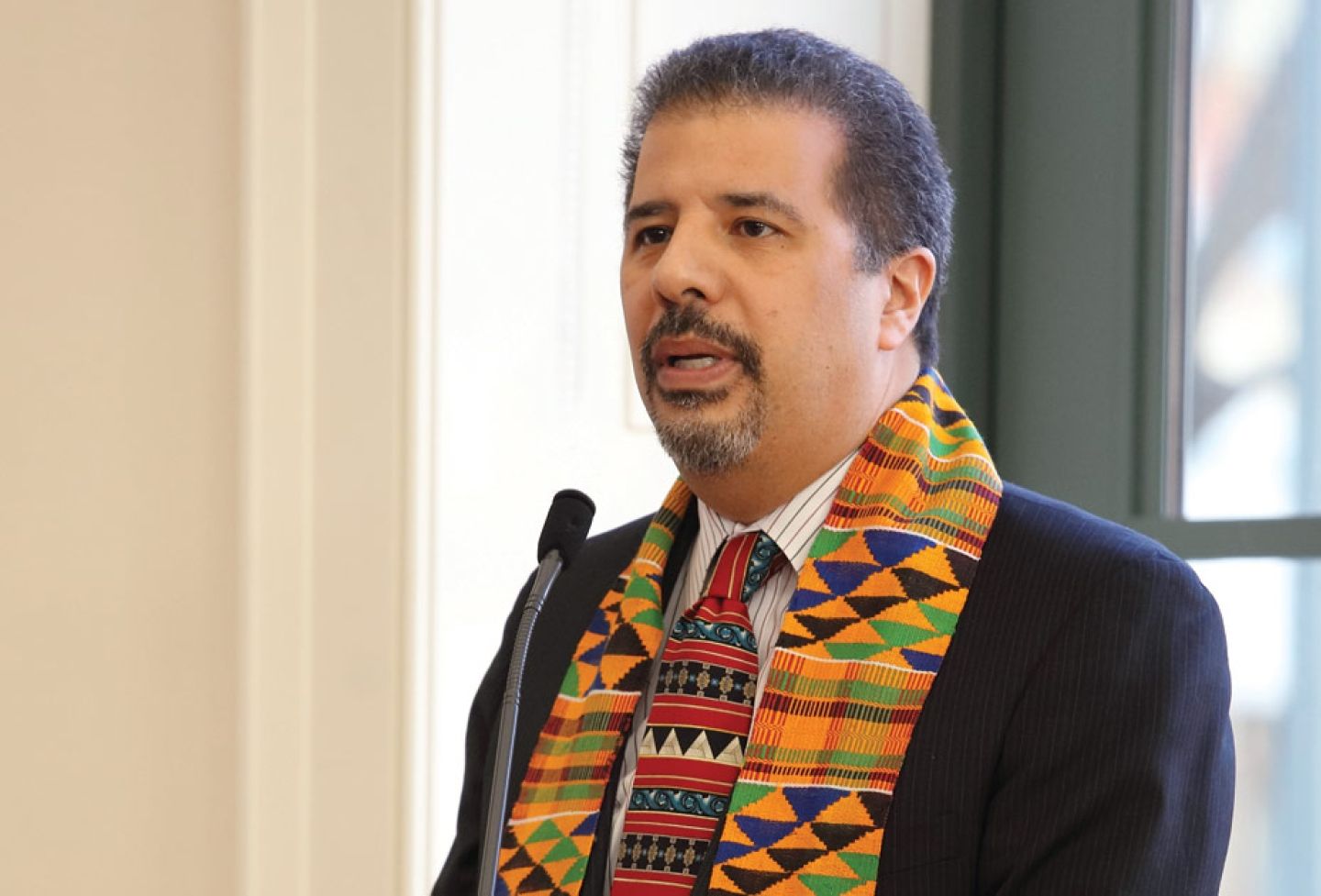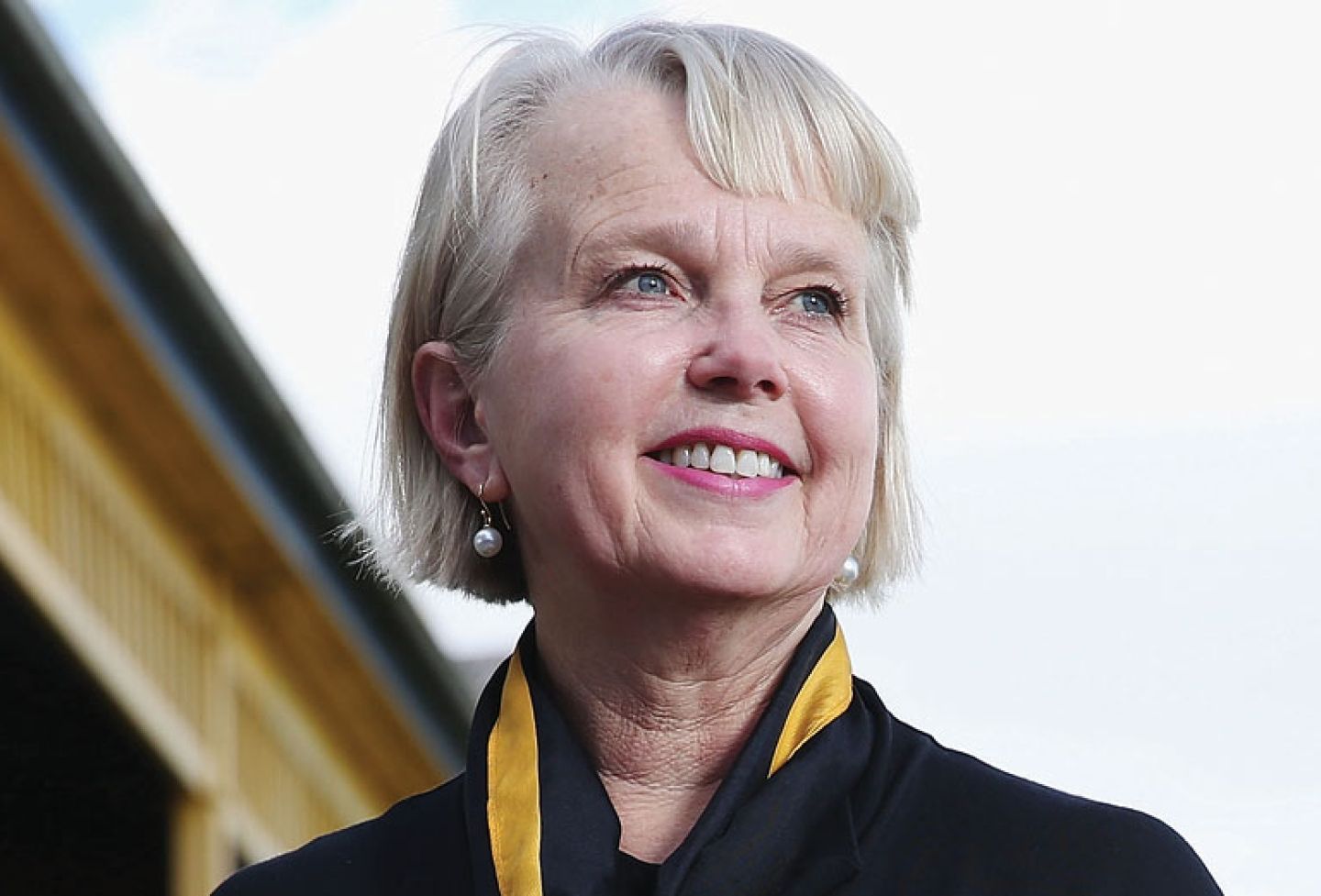So-Called “Net Neutrality” regulations, adopted in 2015, prohibited internet service providers from blocking or slowing content and from charging higher fees for prioritization. After the FCC voted in December to rescind the rules, the first lawsuits were filed immediately, before the ruling was even published in the Federal Register.
Net neutrality has been percolating as an issue in telecom circles for over a decade, but the debate exploded into the national consciousness in May 2014, when John Oliver made it the focus of an obscenity-laced, hysterical (in both senses of the word) tirade on his HBO show, “Last Week Tonight with John Oliver.”
Three years later, in the runup to the 2017 FCC action, the FCC received 21.7 million comments. Even the regulatory proceeding has been in the news, with controversy over whether some of those millions of comments were even genuine. One study suggests that 57 percent of the commenters used temporary email addresses, a sign of a less-than-heartfelt sentiment; 38 percent of the comments received were reproductions of only seven different ones, suggesting a copy-and-paste campaign. It’s hard to imagine this is the state of affairs James Landis envisioned in 1938 as he was writing “The Administrative Process.”
Despite the frenzy, it’s not entirely clear what’s at stake. In the decades that “network neutrality” (a term coined by former UVA Law professor Tim Wu) and its predecessor, “open access,” have been debated in academic circles, numerous theories have been advanced on why internet service providers might want to discriminate against some content or content providers. For example, some have argued, Comcast might not stream Netflix content at the same quality or speed so that channels like NBC or Syfy — both of which Comcast owns — might better compete with Netflix.
All of those theories must contend with the “one-monopoly-rent” theorem, which posits that while someone who holds a monopoly of one step in a distribution chain might be able to extract all the profits to be made along that chain, they cannot increase the total amount of monopoly profits to be earned. If Comcast has a monopoly in broadband internet service in my neighborhood, they can either charge the maximum monopoly price for internet service or limit my choices to NBC or Syfy, but they can’t do both. Limiting my choice by slowing, or excluding, some content makes my internet access less valuable to me, so I won’t pay as much for it. Given that constraint, it seems that the carriers’ revenue-maximizing strategy would be to charge monopoly prices for all content and carry as much as possible; any discrimination is going to come out of their own pockets in the form of lost customers.
There are cases where the one-monopoly-rent theorem doesn’t hold, though, and something of a cottage industry has developed among academics identifying ways in which service providers might find ways to extract additional rents, or harm markets while trying. For their part, the carriers seem to have looked elsewhere for their market strategies. Even in the absence of neutrality rules, the carriers have largely ignored the many possibilities for rent-seeking advanced by academics.
So maybe we should be focusing more on the “who” than the “what” of network neutrality, to identify who wins and who loses.
The popular sentiment is that the carriers are losers under neutrality, although their actions have largely been inconsistent with that thesis given the opportunities they had in the early 2000s after the earliest FCC decisions deregulated internet access. Several carriers — such as Verizon, whose general counsel, Craig Silliman ’94, spoke on the topic this semester at the Law School — have voiced public support for neutrality. Such claims are greeted with skepticism by neutrality advocates.
Firms like Google and Facebook are generally thought to be winners under neutrality, though their rapidly changing business models make it impossible to guess where any of these firms are headed. Google, for instance, has in the past few years become a major carrier of internet traffic for hire, while Facebook is both a major communications provider and has attracted considerable regulatory attention from Congress following the 2016 election. Regulation that makes them winners today may very well make them losers tomorrow, at which time we can expect they will lead the fight for regulatory “reform.”
What is certain is that the administrative regulatory state is no longer the exclusive province of technocrats and statisticians, if ever it was. While they will continue to pick winners and losers, the staff and commissioners at agencies like the FCC are going to do so with increasing public attention and discourse.
That likely means that the real winner of the net neutrality debate, regardless of the regulatory outcome, is John Oliver.



